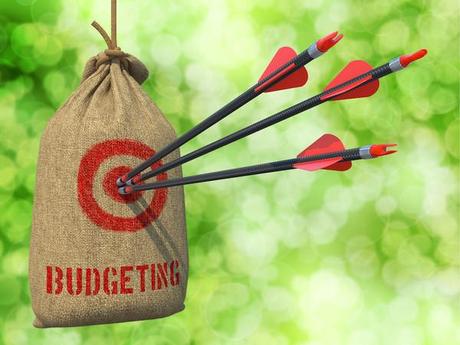
Even if you practice a fairly self-sufficient and sustainable lifestyle, you probably still have a number of expenses to deal with on a daily, weekly, monthly, and/or annual basis, from major costs like a home mortgage to essentials and conveniences like utilities, food, and transportation. Being a prepper doesn't mean giving up all of the goods and services that make modern life easy. But everything comes at a cost. As a result, you could find yourself working with a limited budget as you try to prepare for potential disaster scenarios and emergency situations that would require you to care for yourself and your family without access to modern amenities. And naturally, you want to try to squirrel some money away in case of job loss, accident, injury, illness, or other circumstances that keep you from earning an income. The point is that you might find yourself trying to stretch every last dollar in order to implement a plan for preparedness. Here are a few tips for prepping on a budget.
Use Available Resources
It's important to keep in mind that you're not the first person to shoulder the responsibility of seeing to your family's welfare in the event of a natural disaster, job loss, or some other scenario that requires personal preparedness. And there are a lot of resources available to help you figure out how best to get from point A to point B. You might want to begin by joining some prepper blogs so that you can read past articles. You could even contact bloggers or other community members for specific advice. Preparedness is a well-trod path and you can benefit from the experience of those who have gone before, especially when it comes to increasing the efficiency and cost-effectiveness of your efforts.
Start with a List
Before you start your prepping efforts, you should take the time to see what you already have. Most modern homes are well-stocked with a variety of necessary items. You probably have stores of non-perishable items, tools, camping gear, first aid kits, and other items that will appear on standard prepper checklists. Knowing what you have can help you to plan accordingly and avoid needless purchases. Of course if you need help building a list, check out our Safe at Home Disaster Plan Training Class.
Allocate Funds
You may or may not have a budget in place based on your current spending habits. If not, now is a great time to create one. If you do have a budget, you'll want to look it over to see how you can amend it to meet your prepping goals. Of course, you'll need to find ways to work with the income you have, which could leave you with limited funds for prepping. But remember that something is better than nothing. If you're having trouble reconciling your current finances with your plans for preparedness, simply scale back so that you can create a sustainable spending pattern that allows you to put some money towards your prepping each month.
Avoid Product Hype
Getting caught up in the process of prepping and making the mistake of overspending is fairly easy. However, this pretty much goes against the ideals behind the practice, which are living within your means and saving for unexpected setbacks in the future. It's better if you take your time and maximize savings. Instead of buying into the corporate hype surrounding prepper-specific products, take a lesson from extreme couponing aficionados. Simply wait for sales on the items you use all the time, double-dip on coupons and discounts whenever possible, and optimize your spending.
DIY
The best way to save money when prepping with a limited budget is to trade time for money. In other words, adopt a DIY attitude whenever possible. This could mean growing your own fruit and veggie garden and learning how to can and jam. Or you could learn how to raise chickens for a source of fresh eggs (and potentially meat). Perhaps you're interested in learning how to make your own clothing. Or you could order kits to build your own solar panels for sustainable energy. There is very little to stop you from learning all kinds of sustainable DIY practices that can help you save money.
Prioritize and Organize
Two of the most important aspects of prepping are prioritizing your tasks and making sure that your efforts and your storage are organized. This will help you to cut back on waste, overlap, and other unnecessary costs now and in the future. Again if this something you need help with, consider our Safe at Home Disaster Plan Training Class
